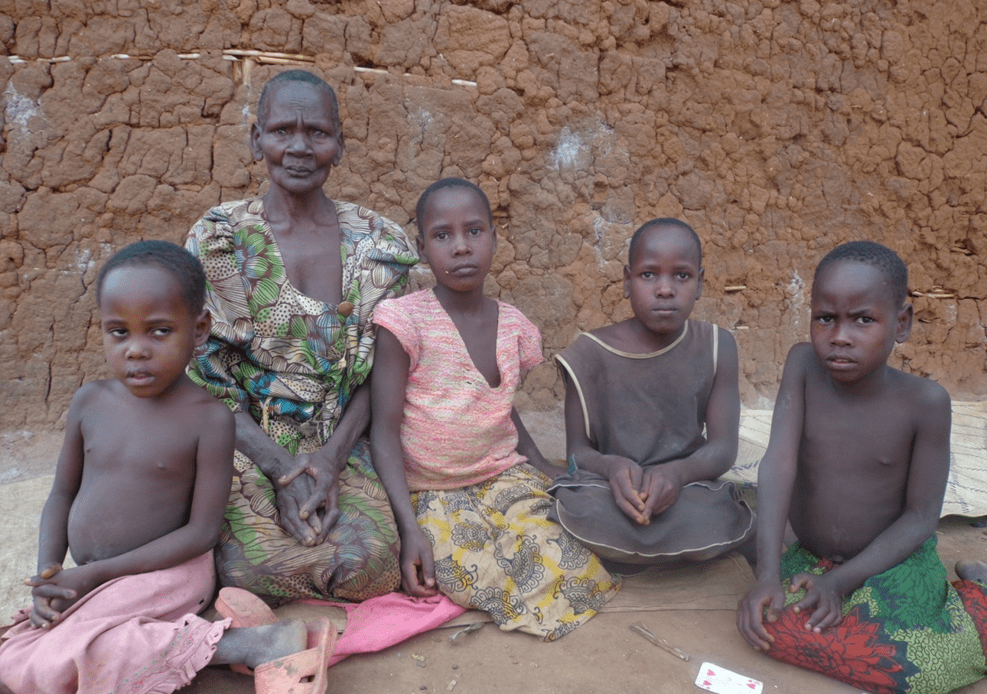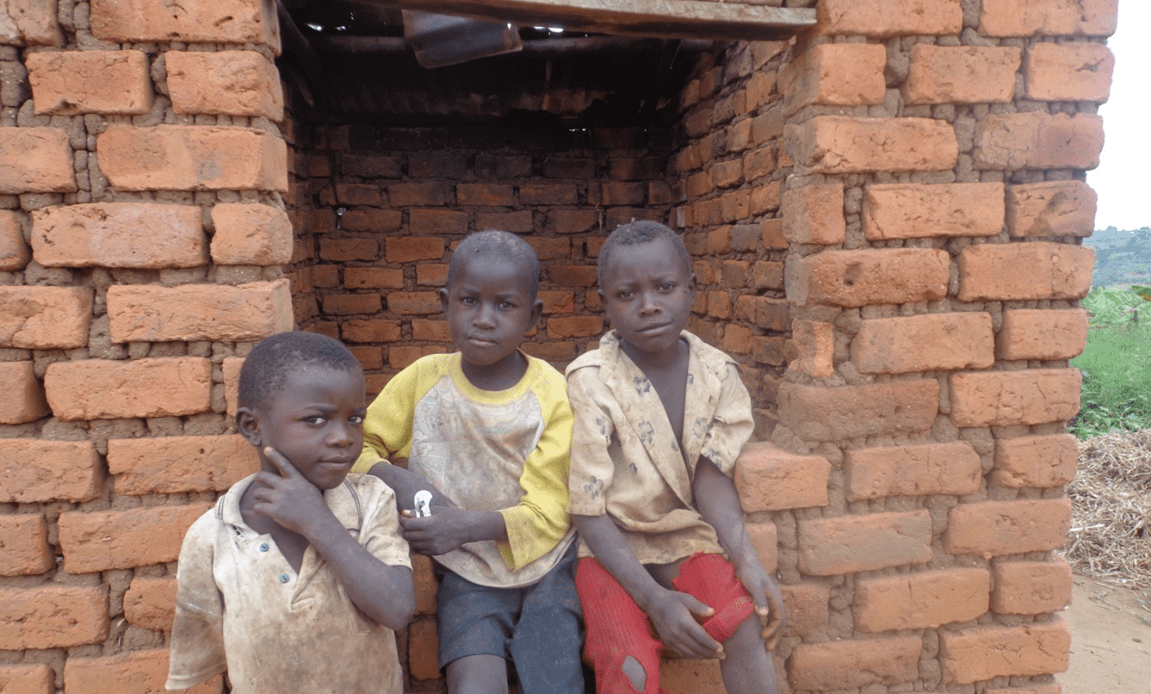The African Children Impacted By Parental Incarceration
Wells of Hope Africa


Situation on Children with Incarcerated Parents
With Growing Poverty and Gross Human Rights Abuses in Africa, the number of people being arrested and taken to prison in Africa is rising leaving many Children whose parents are in prison are cross roads and in disarray. Families, and children in particular, pay a high price when a family member is imprisoned. Children with parents in prison are usually ignored by the criminal justice system and are not typically recognized by social service systems as having particular needs. These children are collateral victims of imprisonment and they are often left vulnerable to a wide range of dangerous
risks. They experience a higher risk of Serious mental health disturbances, Poverty and homelessness, dropping out of school, Early pregnancy, Sexual abuse and social stigmatization and Becoming entangled in the criminal justice system themselves. Children who have a parent in prison, especially children who have parent on death row undergo untold trauma and this can lead to a wide range of mental health issues that may not emerge until later in life. Children with a parent in prison will exhibit Symptoms of neural dysregulation caused by unresolved trauma can impact all aspects of functioning, disrupting the possibility of healthy development, learning, impulse control, pro-social behavior and the capacity for secure attachment. Research and experience has taught that children faced with trauma can be helped to deal with through if they are provided with Food, Play, Education, Sleep and Family Love, connection with their parents through visits and loving mentors. The Wells of Hope Model for Interventions for Children with a
parent in prison.
Literature Review
Incarceration or imprisonment is a global phenomenon and is rising with the ever increasing global population. In the United States more than 7 million individuals or approximately 3.2 percent of the U.S. adult population was imprisoned (Crain, 2008). According to Crain this prisoners are parents of an estimated 2.4 million American children, which translates to three out of every 100 children. It is estimated that about 7.3 million children-10 percent of all minor children in the U.S. have a parent in prison or jail or on community supervision. A report developed by the Women & Prison Association and Home Inc. quotes a much higher estimate, reporting that at least 10 million children in the U.S. have a parent involved in the criminal
justice system. Having determined how many children may be affected by parental incarceration and with whom many of these children live, the next step is to consider the individual child (Crain, 2008). Maintaining ties between prisoners and their families is difficult at best. Visiting conditions are usually stressful. Prisons are typically located in remote areas, Ties outside blood or marriage may not be recognized by the system. Self-confidence can be undercut by friends, family and society members who criticize a relationship with a prisoner. When visits do occur, the happy and unhappy feelings and events of day-to-day life seem hard to talk about. Over time, un-connectedness can overtake relationships. This is especially hard for children (Adalist, 2004) One in forty children has a parent in prison (Estrin, 2003). Many times, children of prisoners are not told the truth about where their incarcerated parent is. This leaves children confused and questioning (Fishman, Susan F. and Alissi, Albert, 1979). Children with parents in prison imagine all kinds of explanations and answers. They feel vulnerable, unprotected and at fault.
When children blame themselves for the loss of a parent to jail or prison, they may rebel or withdraw. They are often afraid to talk to anyone about their situation, limiting the ability of others to understand and help (Adalist & Bass, 1994).

